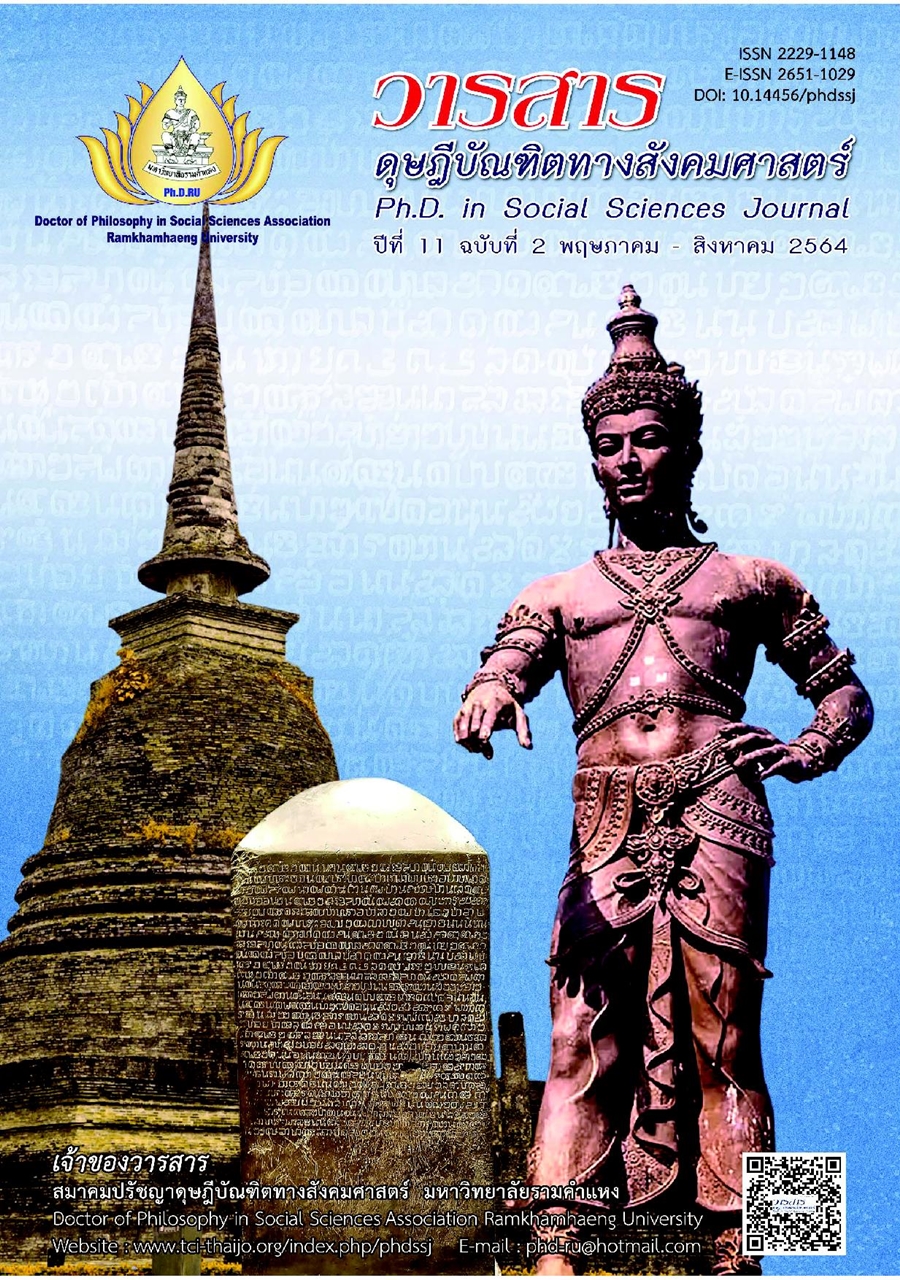The Development of Tourism and Tour Guides Laws Under the Tourism Business and Guide Act B.E. 2551
Main Article Content
Abstract
This academic article aims to analyze problems in the development of tourism law and tour guides under the Tourism Business and Guides Act B.E. 2551. The problems consist of the duration for suspension of license to operate tour and guide business, lack of legal provisions to empower the tourism business registrar and tour guides to arrest the tourism business entrepreneurs who violate the law and the control of tourism business operators and tour guides who do not comply with the agreement or advertisement or propaganda. In this study, the definition of tourism business, consumer protection concept, the concept of controlling the tourism business, tourism development theory and the Tourism Business and Tour Guide Act B.E. 2551 are applied as an analysis framework.
The results of the analysis revealed that the development of tourism and tour guides laws under the Tourism Business and Guides Act B.E. 2551 requires the amendments to the law by specifying the increased period of suspension of tourism business and tour guides licenses to be 3 phases, namely; phase 1, 6 months, phase 2, 8 months and phase 3, 10 months to increase flexibility for occupational standard improvement. Amendments should be made to Section 78, paragraph two and paragraph three by stipulating that the registrar or competent official has the same powers and duties as administrative or police officers under the Criminal Procedure Code. It must also require that tourism business advertisements must include a note in the footer of the advertisement or propaganda that in the event of damage to tourists, how to remedy the damaged person. In the case of damage occurs, the business operator and the tour guide must provide a document explaining the reasons, remedial measures and improvements to the Board periodically, for example, every 3 months, 3 times, in order to monitor the work to be more efficient. These can make tourists confident in the Thai tourism business to return quickly.
Article Details
Academic articles, research articles, and book reviews in the Ph.D. in Social Sciences Journal are author’s opinions, and not the publisher’s, and is not the responsibility of the Ph.D. in Social Sciences Journal Philosophy Association, Ramkhamhaeng University. (In the case that research is done on human, the researcher has to be trained in Ethics for Doing Research on Human Training and has to produce the evidence of the training).
References
Anekjumnongporn, P. (2015). The traveling behavior of the baby boomer generation in Bangkok. Master’s thesis of Arts, Bangkok University. [In Thai]
Chantaranamchoo, N., & Laophuangsak, P. (2014). Development of tourism products for elderly group by local operators in the western region for enhanced quality tourism. National Research Council of Thailand (NRCT) and The Thailand Research Fund (TRF). [In Thai]
Nopparat, N. (2008). Community participation in sustanable tourism development: A case study of Tambon Wiang Tai Municipality, Amphoe Pai, Changwat Mae Hong Son. Master’s of Arts, Chiang Mai University. [In Thai]
Singkhalah, S. (2019). Sustainable tourism development of Patong Beach Phuket province. Journal of Humanities and Social Sciences, Rajapruk University, 5(2), 110-124. [In Thai]
Thipayomahing, T. (2001). Factors influencing decision making of Thai tourists traveling to Chonburi and Chachoengsao provinces. Master’s of Arts, Rajabhat Rajanagarindra University. [In Thai]
Thongurai, T. R. (2013). International economic law, GATT and WTO, general chapter (4th ed.) Winyuchon. [In Thai]
Tudtim, P. (1995). ). People satisfaction to service delivery system and process of Bangkok Metropolitan Administration: A case study of Yannawa district office. Master’s of Arts, National Institute of Development Administration.
Wannathanom, C. (2004). Planning and organizing a tour program. Fueang Fa. [In Thai]
Wongwien, K. (2012). Strategic development of sustainable ecotourism: A case study of Samed Island, Rayong province. Doctoral thesis, Phranakhon Rajabhat University. [In Thai]


